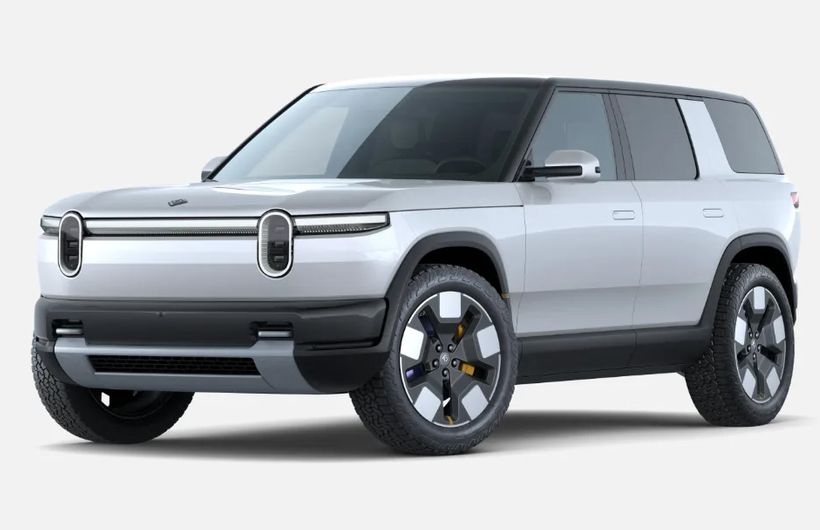Volkswagen’s next-generation Golf will be the first model to benefit from the German giant’s new partnership with Rivian. The joint venture, Rivian and VW Group Technology, LLC, was established earlier this year with a focus on creating advanced software-defined vehicle platforms. The move marks a significant step in Volkswagen’s efforts to modernise its offerings and address past challenges with its own Cariad software division.
VW brand boss Thomas Schäfer revealed that the Golf was chosen as the starting point for this collaboration due to its enduring status as a flagship model. “We’ve decided to begin with a more iconic product. So, we’ll start with the Golf,” Schäfer told Automotive News. While the Golf will lead the rollout of the Rivian-powered platform, Porsche and Audi are expected to introduce their first vehicles using the same architecture as early as 2027. Among the possibilities are an electric Porsche SUV and vehicles under VW’s North American Scout brand.
The Rivian partnership brings its expertise in software and electrical architectures to Volkswagen, creating a shared platform for the next generation of electric and software-defined vehicles. The venture is a 50:50 collaboration, but the $5.8 billion (£5.5 billion) investment is being entirely funded by Volkswagen. The aim is to replace VW’s MEB platform and its next iteration, MEB+, with a more advanced system for future electric vehicles.
While Rivian’s small R2 model is expected to debut in 2026, the electric Golf is set to launch three years later in 2029. This is a delay from earlier estimates but aligns with a broader reshuffling of Volkswagen’s priorities. Reports suggest the Trinity project, which was originally touted as the brand’s technological flagship, has been pushed back to 2032 at the earliest. This timeline suggests that Volkswagen sees the new Golf as its number one priority after the MEB models are retired.
 Rivian R2 is set to arrive in 2026 with the new Golf Electric landing three years later
Rivian R2 is set to arrive in 2026 with the new Golf Electric landing three years later 












